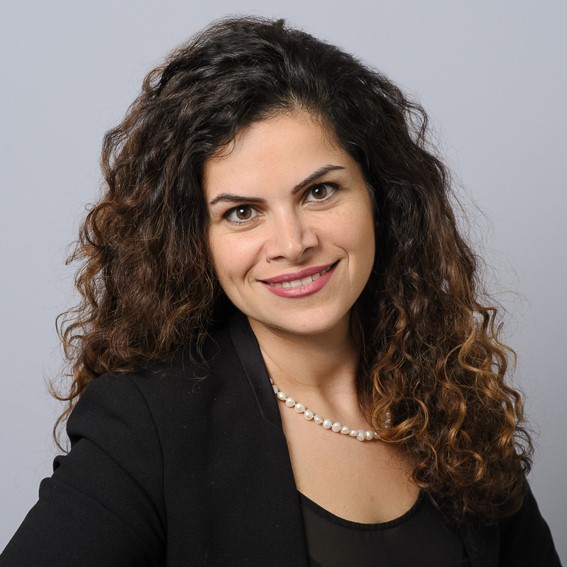We are happy to announce the upcoming DCMS Seminar by Prof. Shirin Faraji!
Zernike Institute for Advanced Materials, University of Groningen, Netherlands
May 5, 2022, 13:00
ZOOM-Link: https://tinyurl.com/nanoSeminar-GA
Abstract
Light-triggered processes, which are ubiquitous in nature and technology, are inherently quantum. Phenomena such as photovoltaic effect, charge migration, and proton-coupled electron transfer require quantum mechanical description. Understanding and optimizing these processes is the key to novel technologies such as optogenetics, photopharmacology, and photoresponsive materials. However, an accurate description of these processes in (supra)molecular systems is still a demanding task due to: i) the need of high-level electronic structure calculations; (ii) coupled electron-nuclear dynamics; (iii) the importance of the environment.
Recent years have seen a continuous growth of the direct dynamics approaches, e.g. semiclassical trajectory surface hopping or on-the-fly quantum dynamics within variational multi-configuration Gaussian, to study coupled electron-nuclear dynamics of photo-active molecules of moderate size. Particularly troublesome for trajectory-based methods is the huge amount of electronic structure calculations that need to be performed during the simulation. In this work, we present an innovative solution, i.e. both semiclassical and quantum direct dynamics formulations are combined with a database, within which the amount of electronic structure calculations is drastically reduced, by employing machine-learning algorithms and methods borrowed from the realm of artificial intelligence. On-the-fly direct dynamics can be further embedded into a quantum mechanics/molecular mechanics (QM/MM), for the explicit inclusion of the environment. The degree of sophistication, which can be achieved by such an implementation will be illustrated with a test system.
Brief CV
Since 2017, Prof. Shirin Faraji is the chair of Theoretical Chemistry at Zernike Institute for Advanced Materials at University of Groningen, The Netherlands. She received her M.Sc. (with honors) from Iran University of Science and Technology and her Ph.D. (summa cum laude honor) from Heidelberg University, in the group of Prof. Lorenz Cederbaum under the supervision of Prof. Horst Köppel, focused on coupled electro-nuclear dynamics. In 2010, she joined as a postdoctoral research associate the group of Prof. Andreas Dreuw. In 2012, this academic momentum has culminated in her being awarded the Elite-Postdoc Program of the Baden-Württemberg Foundation to start her own research group. In 2014 she has been elected as a fellow of the German Academic Exchange Service (DAAD) to visit the group of Prof. Anna Krylov at University of Southern California. Her research focuses on the development and application of hybrid classical/quantum dynamical methods to study light-induced processes and quantum effects in biomolecules and novel materials. As of today, she has published 51 peer-reviewed articles, two invited review articles, three book chapters, and a road map. Dr. Faraji has received several prestigious fellowship/awards including the German permanent residence permit as a high-qualified scientist and the Robert Bosch Fellowship for Excellence and Leadership Skills for Outstanding Women in Science. She acts in various scientific boards; Young Academy of Groningen, the CECAM-Lorenz Center Chemistry board, EU Open Research advisory board, and in 2019, she was elected member of the Q-Chem Inc. board of directors, one of the world’s leading quantum chemistry software.




